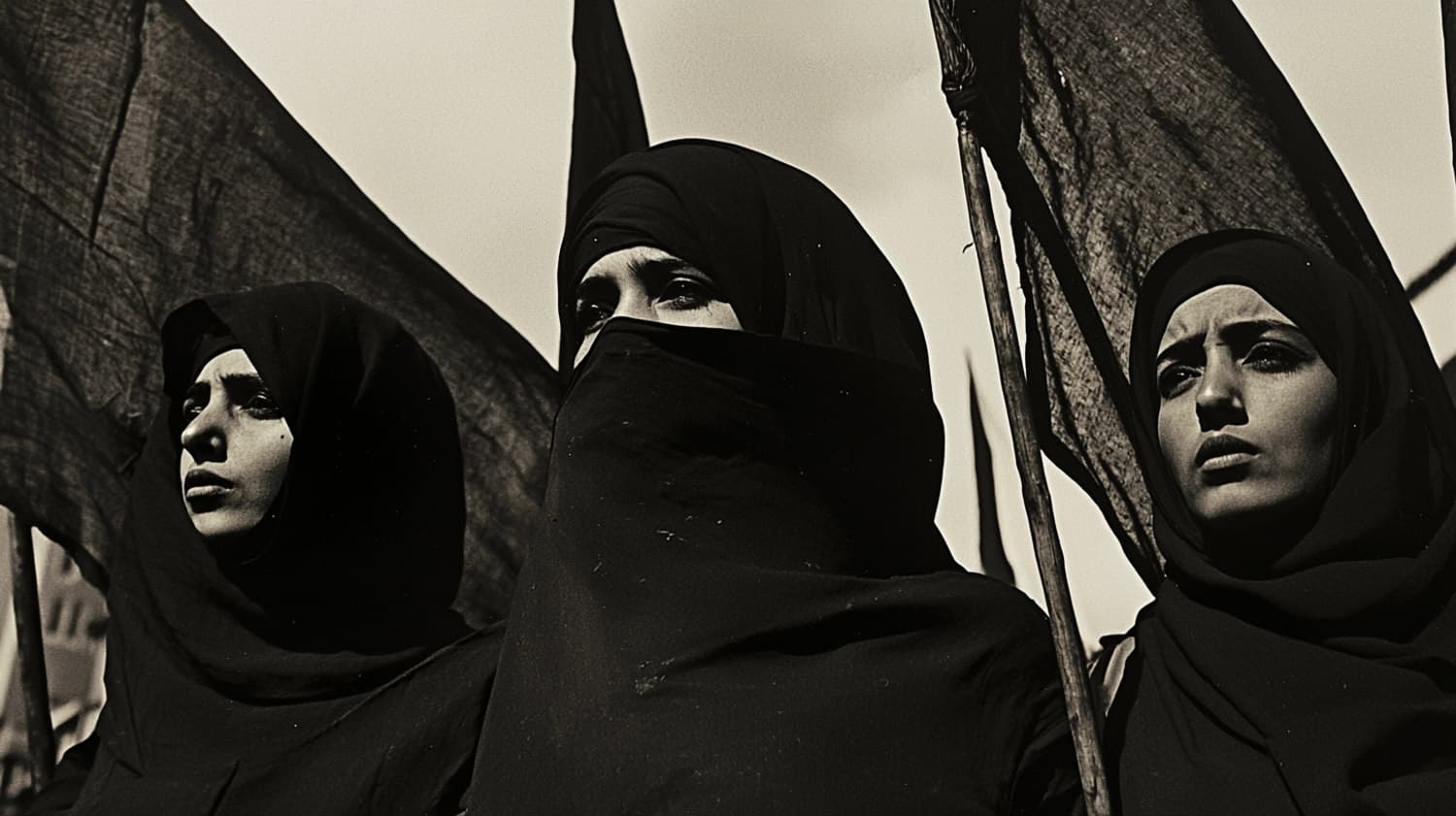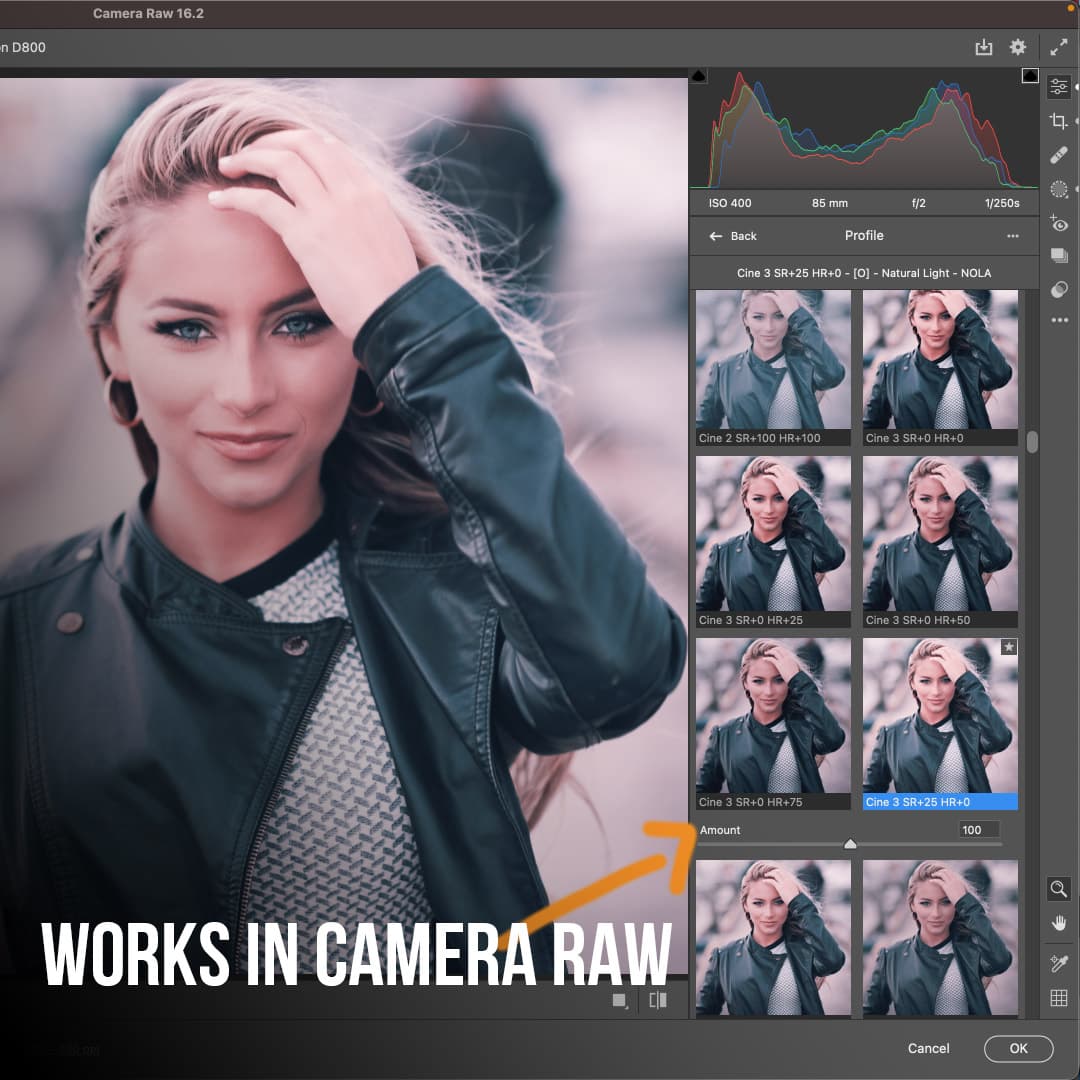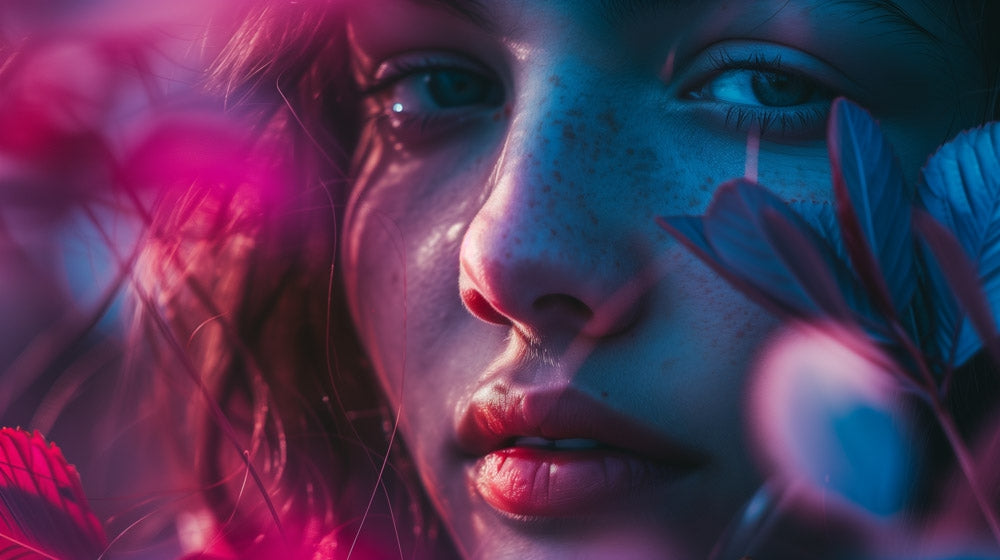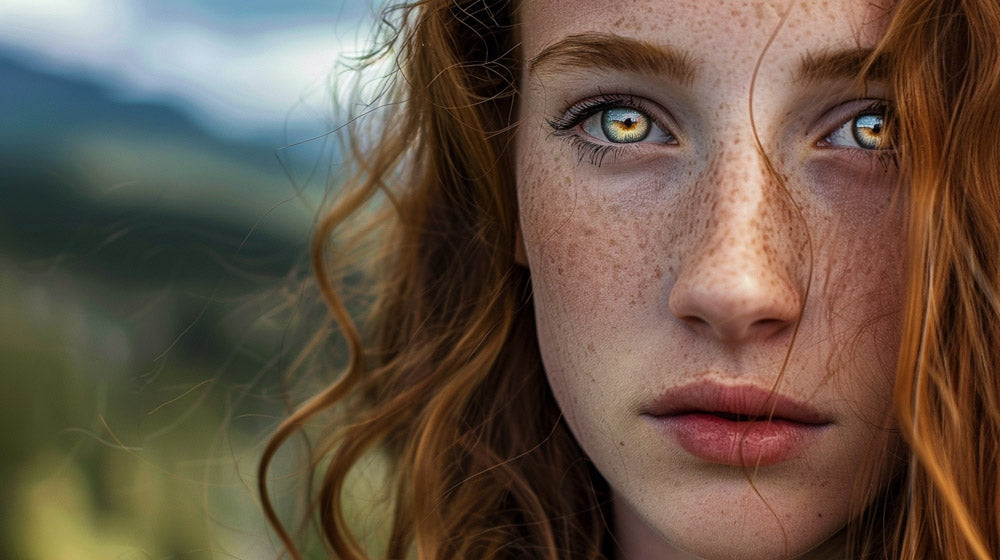Tina Modotti, a remarkable figure in 20th-century art and activism, seamlessly blended her passion for photography with her dedication to political causes.
Her journey from model and actress to influential photographer and activist captivates those interested in the intersection of art and social change.
Modotti's work transcended traditional artistic boundaries, using her camera as a powerful tool for documenting social inequalities and advocating for political reform.
Her time in Mexico City proved pivotal, where she developed her unique photographic style that captured the essence of working-class struggles and revolutionary movements.
Despite facing adversity, including expulsion from Mexico due to her political activities, Modotti's commitment to her ideals never wavered. Her legacy continues to inspire artists and activists alike, demonstrating the enduring power of art as a medium for social commentary and change.
Key Takeaways
- Tina Modotti merged photography with political activism to create impactful social commentary.
- Her time in Mexico City shaped her unique artistic style and revolutionary perspective.
- Modotti's work continues to influence modern artists and activists, highlighting art's role in social change.
Early Life and Artistic Beginnings
Tina Modotti's journey from Italy to San Francisco shaped her early artistic path. Her exposure to bohemian culture and collaboration with Edward Weston profoundly influenced her development as a photographer.
From Italy to San Francisco
Tina Modotti was born in Udine, Italy in 1896. At the age of 16, she emigrated to the United States, settling in San Francisco. This move marked the beginning of her artistic exploration.
In San Francisco, Modotti initially worked in a textile factory. She soon discovered her passion for performance and began her career as an actress in the city's vibrant theater scene.
Modotti's striking looks and charisma led her to Hollywood, where she appeared in several silent films. This experience in front of the camera would later inform her work behind it.
Influence of Bohemia and Edward Weston
San Francisco's bohemian culture had a significant impact on Modotti's artistic sensibilities. She immersed herself in the city's creative circles, meeting artists, writers, and intellectuals.
In 1920, Modotti met Edward Weston, a renowned photographer who would become her mentor and lover. Weston introduced her to photography, teaching her the technical aspects of the medium.
Modotti began assisting Weston in his portrait studio, honing her skills. She quickly developed her own artistic vision, focusing on composition and lighting techniques.
Their relationship blurred the lines between personal and professional, with Modotti often modeling for Weston's photographs. This collaboration deepened her understanding of the art form and its expressive potential.
Rise to Prominence in Mexico City
Tina Modotti's arrival in Mexico City in 1923 marked the beginning of her most influential period as a photographer. She immersed herself in the vibrant artistic community, developing her unique photographic style and forging important collaborations.
Collaborations with Diego Rivera and Frida Kahlo
Modotti quickly became part of Mexico's artistic circle, forming close relationships with prominent figures like Diego Rivera and Frida Kahlo. These connections deeply influenced her work and political views.
Rivera's murals inspired Modotti to focus on social themes in her photography. She often photographed his works in progress, documenting the Mexican mural movement.
Modotti's friendship with Kahlo led to several iconic portraits of the artist. Their shared passion for Mexican culture and leftist politics strengthened their bond.
Photographic Style and Mexican Renaissance
During the Mexican Renaissance, Modotti developed a distinctive photographic style. Her work blended artistic expression with social commentary, capturing the essence of Mexican culture and everyday life.
Modotti's photographs were characterized by:
- Strong composition
- Masterful use of light and shadow
- Focus on working-class subjects
- Incorporation of Mexican imagery and symbols
She excelled in still-life photography, creating powerful images that often carried political messages. Her work helped shape modern photography, bridging the gap between art and social documentation.
Modotti's photographs gained recognition for their technical skill and emotional depth. She exhibited her work in prominent galleries, cementing her status as a leading figure in Mexico City's artistic community.
Commitment to Political Activism
Tina Modotti's passion for social justice and revolutionary ideals deeply influenced her life and work. Her involvement with communist organizations, artistic contributions to the revolution, and lasting impact on social movements shaped her legacy as a political activist.
Involvement with the Communist Party
Modotti joined the Mexican Communist Party in the 1920s, marking the beginning of her formal political engagement. She worked closely with prominent communist figures, including Julio Antonio Mella, a Cuban revolutionary.
Modotti's activism extended beyond Mexico. She collaborated with the Cuban Communist Party and participated in International Red Aid activities. Her commitment to the cause led her to work alongside Vittorio Vidali, a notable Italian communist.
Art and Revolution
Modotti's photography became a powerful tool for her political activism. She used her camera to document social injustices and promote revolutionary ideals. Her images often depicted workers, peasants, and symbols of agrarian reform.
Her artistic style evolved to focus on impersonal and group photography, emphasizing collective struggles rather than individual portraits. This shift reflected her growing commitment to communist ideologies and social change.
Modotti's work during this period served as visual propaganda for the revolution, inspiring others to join the cause.
Legacy of Social Justice Movements
Tina Modotti's influence extended far beyond her lifetime. Her photographs and activism continue to inspire social justice movements around the world.
Her work during the Spanish Civil War, where she provided medical aid and support to Republican forces, further cemented her legacy as a devoted activist.
Modotti's commitment to workers' rights, agrarian reform, and social equality remains relevant in contemporary political discourse. Her life and art serve as a testament to the power of combining artistic expression with political conviction.
Cultural Impact and Enduring Influence
Tina Modotti's work blended art and activism, leaving an indelible mark on photography and Mexican culture. Her influence extends beyond her lifetime, inspiring artists and activists alike.
Integration of Mexicanidad and Photography
Modotti's photography captured the essence of Mexicanidad, blending traditional Mexican culture with modernist aesthetics. Her images of indigenous people, particularly those from Tehuantepec, showcased the beauty and dignity of Mexico's native populations.
She collaborated with Mexican muralists like David Alfaro Siqueiros, bridging photography and Mexican muralism. This connection helped elevate photography as a serious art form in Mexico.
Modotti's work influenced other artists, including Jean Charlot, who incorporated elements of indigenous Mexican culture into their art. Her photographs continue to shape perceptions of Mexican identity and tradition.
Remembering Tina Modotti: Death, Tributes, and Literature
Modotti's sudden death in 1942 sparked numerous tributes and cemented her status as a cultural icon. Pablo Neruda wrote a moving poem in her honor, celebrating her life and work.
Biographies by Margaret Hooks have helped introduce Modotti to new generations. Her life story has inspired novels, plays, and films, exploring her artistic vision and political convictions.
Exhibitions of Modotti's work continue to draw attention, highlighting her unique perspective on social justice and Mexican culture. Her photographs are now highly valued, both for their artistic merit and historical significance.
Modotti's legacy endures in contemporary photography and activism, inspiring those who seek to use art as a tool for social change.
Frequently Asked Questions
Tina Modotti's photography and activism left an indelible mark on social and artistic spheres. Her unique style, influential connections, and controversial presence shaped her legacy in profound ways.
How did Tina Modotti's photography influence social and political thought?
Modotti's photography captured the struggles and dignity of working-class Mexicans, bringing their plight to wider attention. Her images of laborers, indigenous people, and political rallies served as powerful tools for social commentary.
Her work highlighted economic inequalities and cultural traditions, fostering empathy and awareness among viewers. This visual documentation played a crucial role in shaping public opinion on social issues of her time.
In which artistic circles was Tina Modotti involved during her time in Mexico?
Modotti was deeply involved with the Mexican muralism movement. She associated closely with renowned artists like Diego Rivera, Frida Kahlo, and David Alfaro Siqueiros.
These connections influenced her artistic vision and political ideology.
Modotti's photography often complemented the themes explored in murals, creating a synergy between different artistic mediums.
What are some hallmark characteristics of Tina Modotti's photographic style?
Modotti's style was characterized by stark contrasts, geometric compositions, and a focus on everyday objects and people. She often employed close-up shots to emphasize texture and form.
Her images were tender yet strong, capturing the essence of her subjects with dignity and respect. Modotti's work seamlessly blended artistic expression with social documentation.
What impact did Tina Modotti have on the Mexican muralism movement and its artists?
Modotti's photography provided visual inspiration for many muralists. Her images of Mexican life and culture influenced the themes and subjects portrayed in murals.
She also photographed many murals and muralists at work, helping to document and promote the movement. Modotti's artistic collaborations with muralists enriched both photography and mural art.
For what reasons was Tina Modotti's presence controversial in the political landscape of her era?
Modotti's political activism and communist affiliations made her a controversial figure. Her involvement in leftist movements led to her expulsion from Mexico in 1930.
Her photography, which often highlighted social injustices, was seen as provocative by conservative elements. Modotti's personal relationships with prominent political figures also contributed to her controversial status.
How has Tina Modotti's work been preserved and exhibited in the years following her death?
Modotti's work has been rediscovered and celebrated in recent decades. Major museums and galleries have held retrospectives of her photography.
Her images have been published in numerous books and featured in documentaries. Modotti's legacy continues to inspire contemporary photographers and activists, ensuring her work remains relevant and appreciated.





















